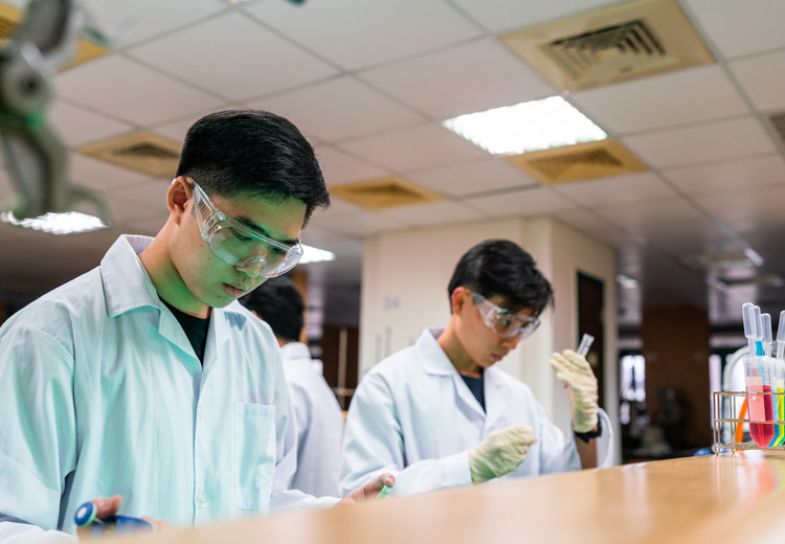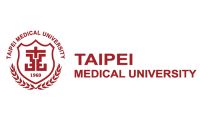
The university’s new campus brings together academia, medical professionals and industry to deliver impactful teaching and healthcare
Taipei Medical University’s (TMU) new campus will empower its community to meet the future challenges of healthcare, says Mai-Szu Wu, president of TMU. “We’re building an ecosystem to link the academic side with clinical medicine and with industry to face the future problems of healthcare.”
Established in 1960, the university has 11 colleges and more than 50,000 alumni. It has six affiliated hospitals, namely Taipei Medical University Hospital, Wanfang Hospital, Shuang-Ho Hospital, Hsin Kuo Min Hospital, the Taipei Cancer Center and the Taipei Neuroscience Institute. Last year, it completed the TMU Shuang Ho Campus Project, which brings together academia, industry, medical facilities and start-ups on a second campus in Taipei. “With this complex, we have built a healthcare ecosystem for the future. It will allow us to develop new therapies and knowledge, and use it to improve our daily practices and processes.”
By integrating its core values into medical research, teaching and practice, TMU “can transfer its research from the academic side into useful knowledge and devices that can improve clinical practice”, says Wu.
The university has five core values to guide its trajectory. “First, we need to emphasise our humanity, especially in light of disruptive new technology,” says Wu. “Second, integrity is very important in all our students and personnel. Third is innovation – the world is ever-changing so we need innovation in our spirit.” Collaboration is another key value that TMU seeks to embed in its delivery. “To deal with future challenges, we also need to collaborate. There is no single-person task. We have to work together because when we work together, we are stronger”, Wu says. “The last value is service, and it is one of the most important because we have to have a positive influence on society. It is very important that we have valuable research that is also impactful for society.”
A vital element of this impact is training the next generation of doctors and healthcare practitioners. “We have to raise the talent for the future,” says Wu. It is important in this rapidly changing world that people are able to take ownership of and direct their own education. With that in mind, the university focuses on instilling a desire to learn. “School is only the beginning, and is the basis of future education,” he says.
Wu, who is an alumnus of the university and a professor of nephrology, says the evolution of the university has been “an evolution beyond my imagination”. In the last 40 years, the institution has grown from 250 students to more than 6,000. “Initially, there was a teaching focus, then came a focus on research. In the last 10 years, we have become an innovation-focused university,” he says. “Now, we are working to transform our knowledge into real, valuable research to become more impactful in our society.”
To ensure that it remains competitive in a rapidly evolving society, Wu says the university will focus on four directions: digital transformation, value-based healthcare, establishing a talent-friendly environment, and sustainable development.
“Our vision will allow us to become one of the best medical universities in the world,” Wu says.


